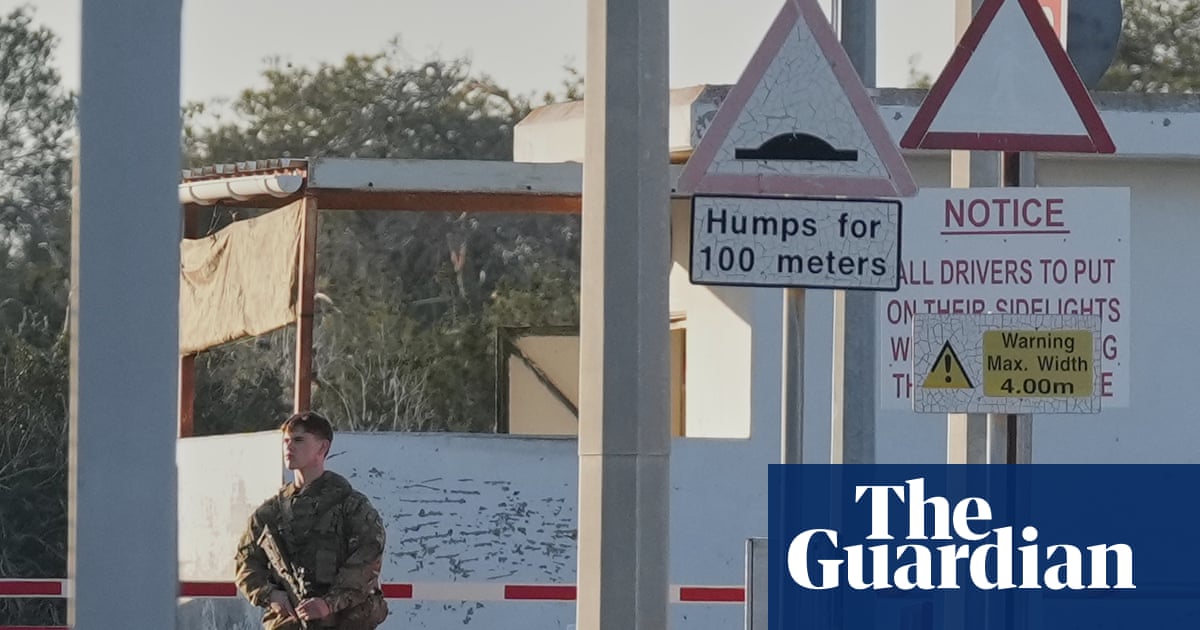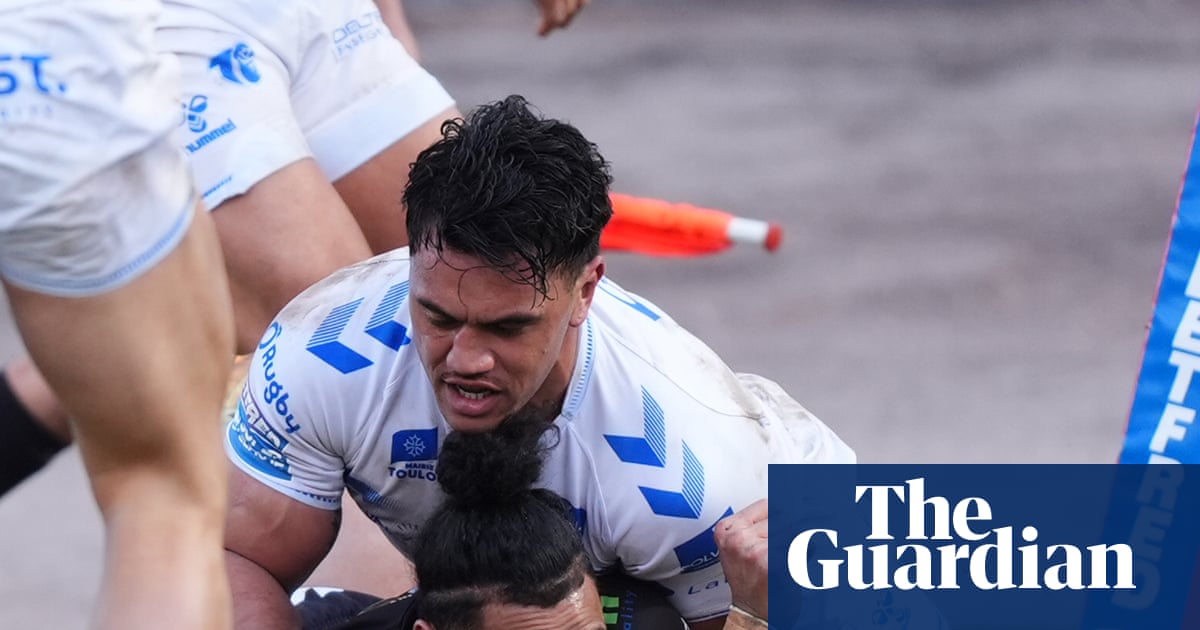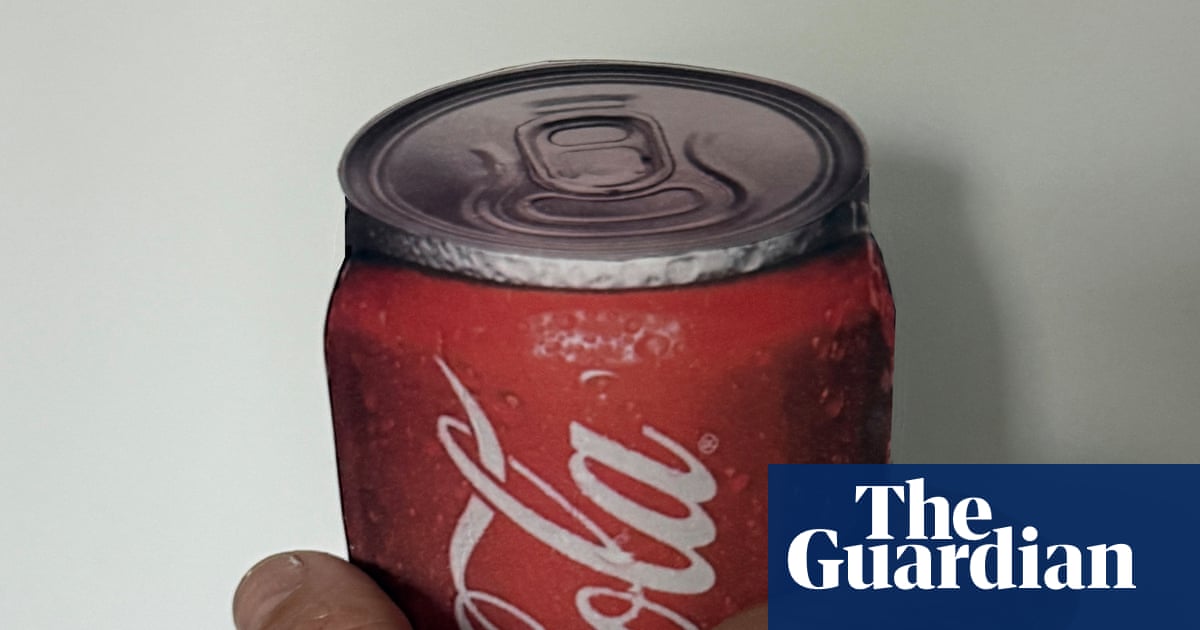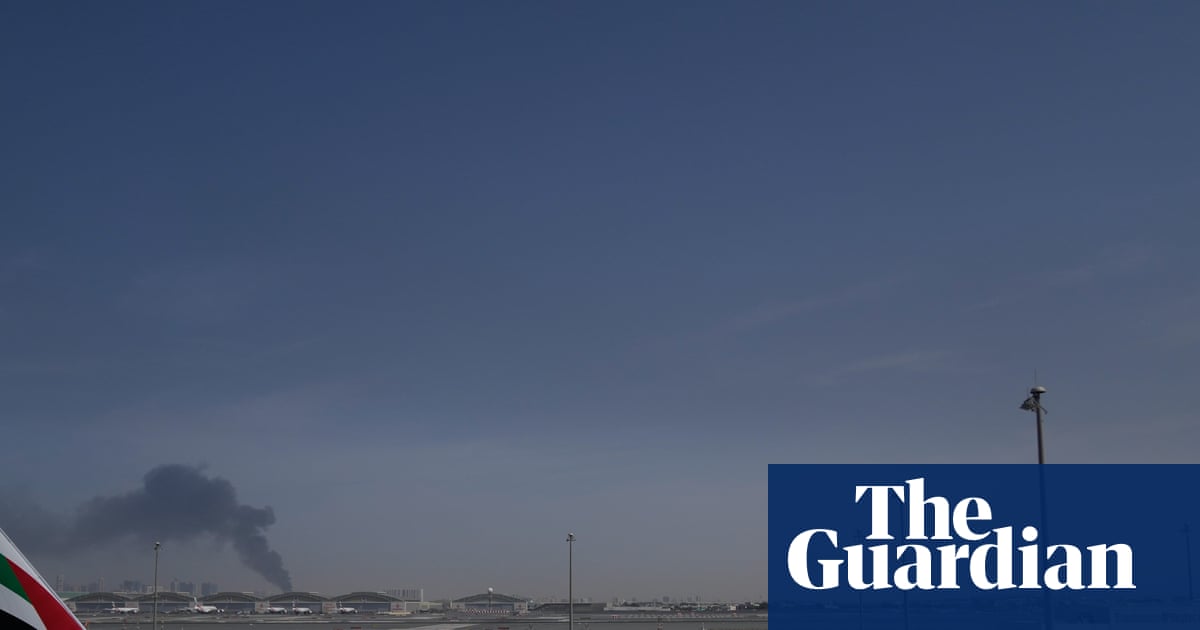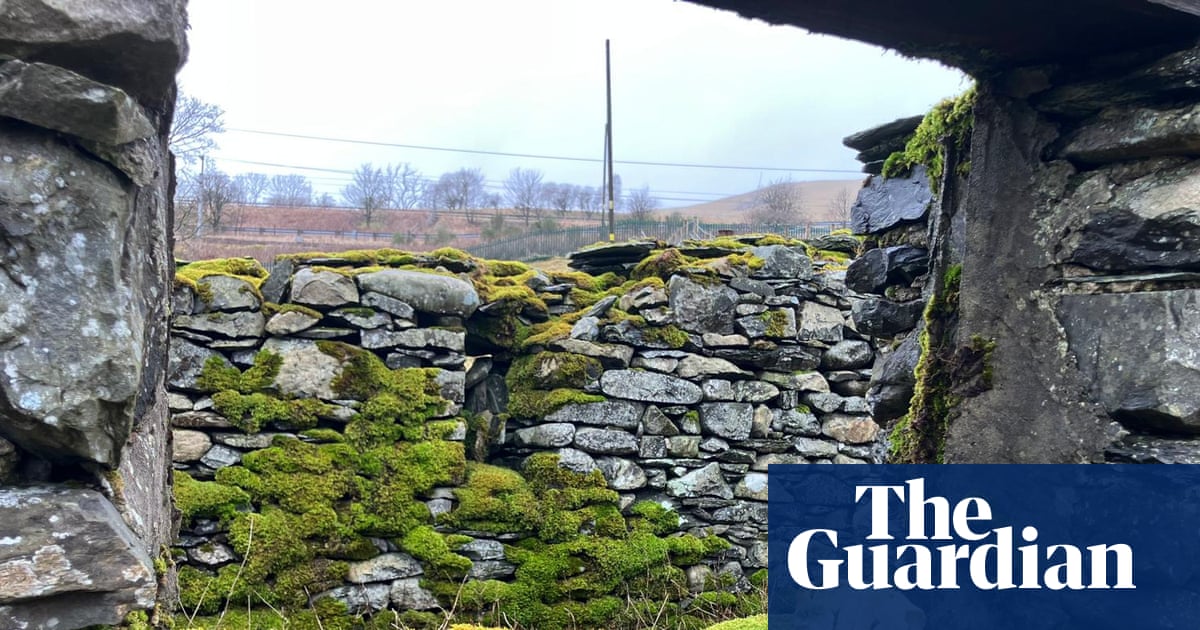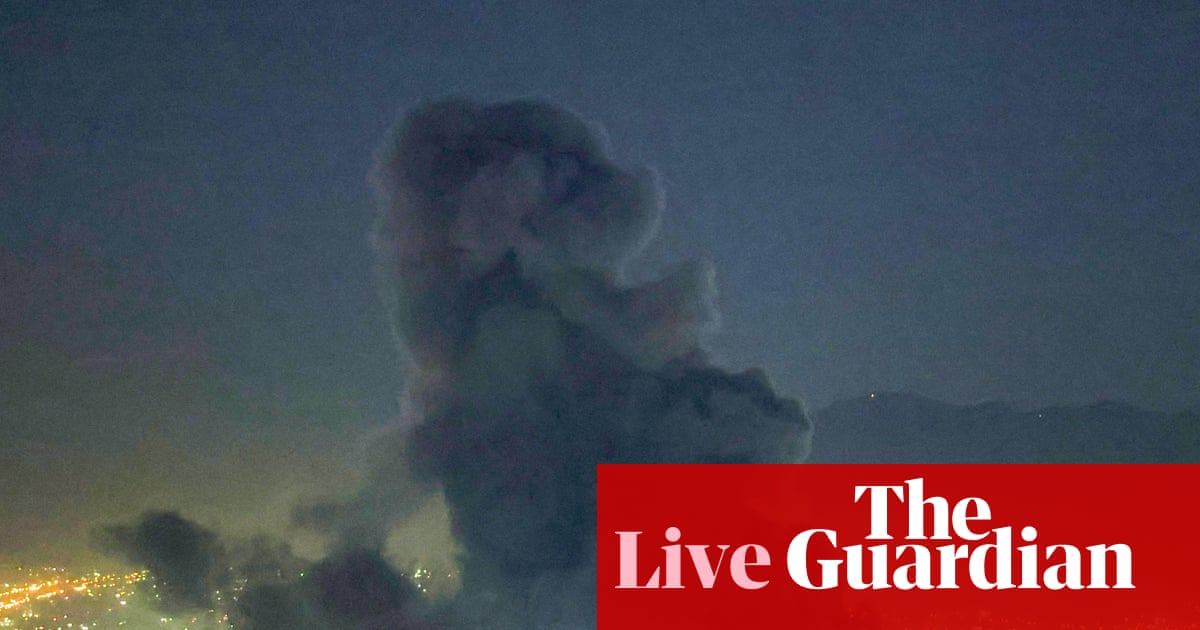A persistent pug repeatedly nudges a ball under the feet of people queuing in the clubhouse for a half-time refreshment: alcohol and soft drinks from the bar; tea, coffee and Bovril from the hatch. “We’re a very good counterattacking team,” says one of the patrons. “But we have to take it to them.”
Outside, the giant clock above the Jack Fisk Stand stands incorrectly frozen at 6pm, continuing the resolute neglect of its sole duty that it has exhibited for the past two seasons. “It’s as much of a normal Saturday as it can be,” says Wingate & Finchley vice-chair, Joe Sharpe. “But I don’t think there’s any joy.”
Exactly eight weeks have passed since the club last played a home game – an Isthmian Premier League fixture abandoned after just 13 minutes when the Chichester City forward Billy Vigar collided with a concrete wall that ran around the entire Maurice Rebak Stadium pitch perimeter, and was airlifted to hospital. Five days later, the 21-year-old Arsenal academy graduate tragically lost his life due to a “significant brain injury”. While the official cause of death remains unconfirmed, it is expected to be attributed to the on-field collision.
The incident prompted an outpouring of grief and anger across the sport, with the Football Association launching “an immediate review … that will focus on the safety of perimeter walls and boundaries around pitches in the National League System” – from the fifth to the 10th tier. A fundraiser for Vigar’s family, set up by one of his Chichester City teammates, has raised more than £18,000.
Floodlights were required to illuminate the late autumn gloom well before kick-off on football’s return to the scene of sporting tragedy. More than 300 spectators were in attendance for Saturday’s visit of Lewes to north London – significantly higher than average for one of the lowest-watched clubs in the division.
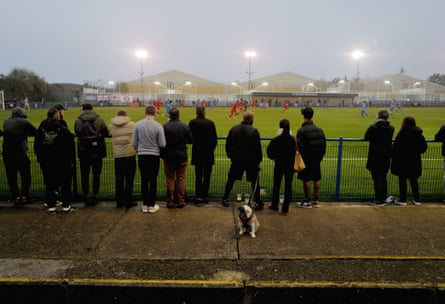
In the immediate wake of Vigar’s death, Wingate & Finchley hastily confirmed there was “currently no appetite” for football at their stadium. Home matches were switched to away, and the team played their next seven league games on the road, improbably going unbeaten in all of them.
Significant alterations were made for Saturday’s return. Although the ground had always met stadium regulations, the offending perimeter wall was knocked down and replaced with the type of rebound mesh fencing commonly seen around sports pitches nationwide. Players have been provided with extra run-off space on the touchline. There are, says Sharpe, “mixed feelings” about a playing return the club had been careful not to promote or celebrate in any form.
“It’s really important never to forget what happened, and what will hopefully never happen again at any club,” he says. “It’s obviously been difficult for us, but first and foremost we have to bear in mind that a young man lost his life. His parents have lost a son, and his family and friends, and everyone in football, are devastated about what happened. When you put it into perspective, football doesn’t mean much.”
In these lower reaches (the seventh tier) of the English football pyramid, clubs such as Wingate & Finchley operate entirely on the goodwill of the volunteers who run them. Outside the first team’s players and coaches, none receive payment, nor do they ever expect to deal with global coverage of such a tragedy occurring on their watch; some of the more persistent sections of the media attempted to use telephoto lenses to see over the ground’s locked gates after Vigar’s death.
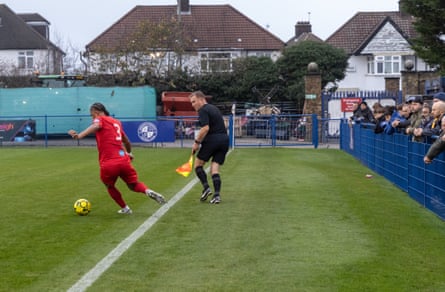
“You can see there’s not many people here, so to see our club’s name in the news was strange,” says supporter Luke Tebbutt. “The fact that it’s a club everybody knew the name of was very odd. It was an awful event. A real tragedy.”
In such a context, it is perhaps understandable that those at the helm harbour a reticence to discuss the specifics of an incident that has left its mark on all who witnessed it – the efforts of medically trained fans who hurdled the wall to help Vigar, the speed of the first paramedics to arrive, and the air ambulance that landed on the pitch. “For those of us there that day it’s something we have to live with forever,” says one Wingate & Finchley supporter, likening the sound of the offending collision with the wall to a shotgun going off.
The Professional Footballers’ Association swiftly held a workshop with players involved in the match, while Wingate & Finchley offered private counselling to all staff members who required it.
That Vigar’s Chichester City teammates did not lose any of their next five league games was little short of remarkable, while Wingate & Finchley’s 3-0 homecoming win over Lewes on Saturday extended their unbeaten league run to nine matches. Tragedies can unite, but Sharpe is determined not to lose sight of priorities.
“It’s not about Wingate & Finchley,” he says. “It’s about the lasting memory and legacy of Billy. It’s important that it never happens again to any player.”

.png) 3 months ago
58
3 months ago
58


